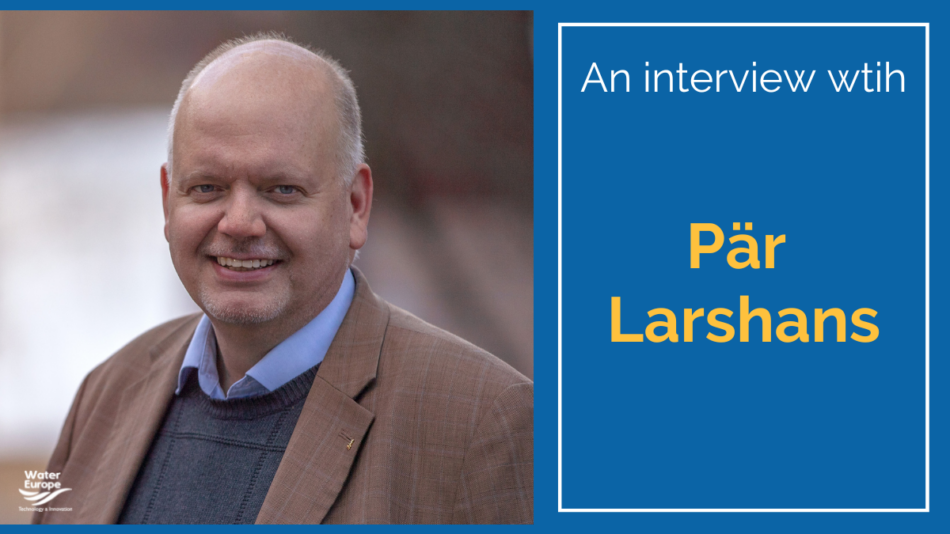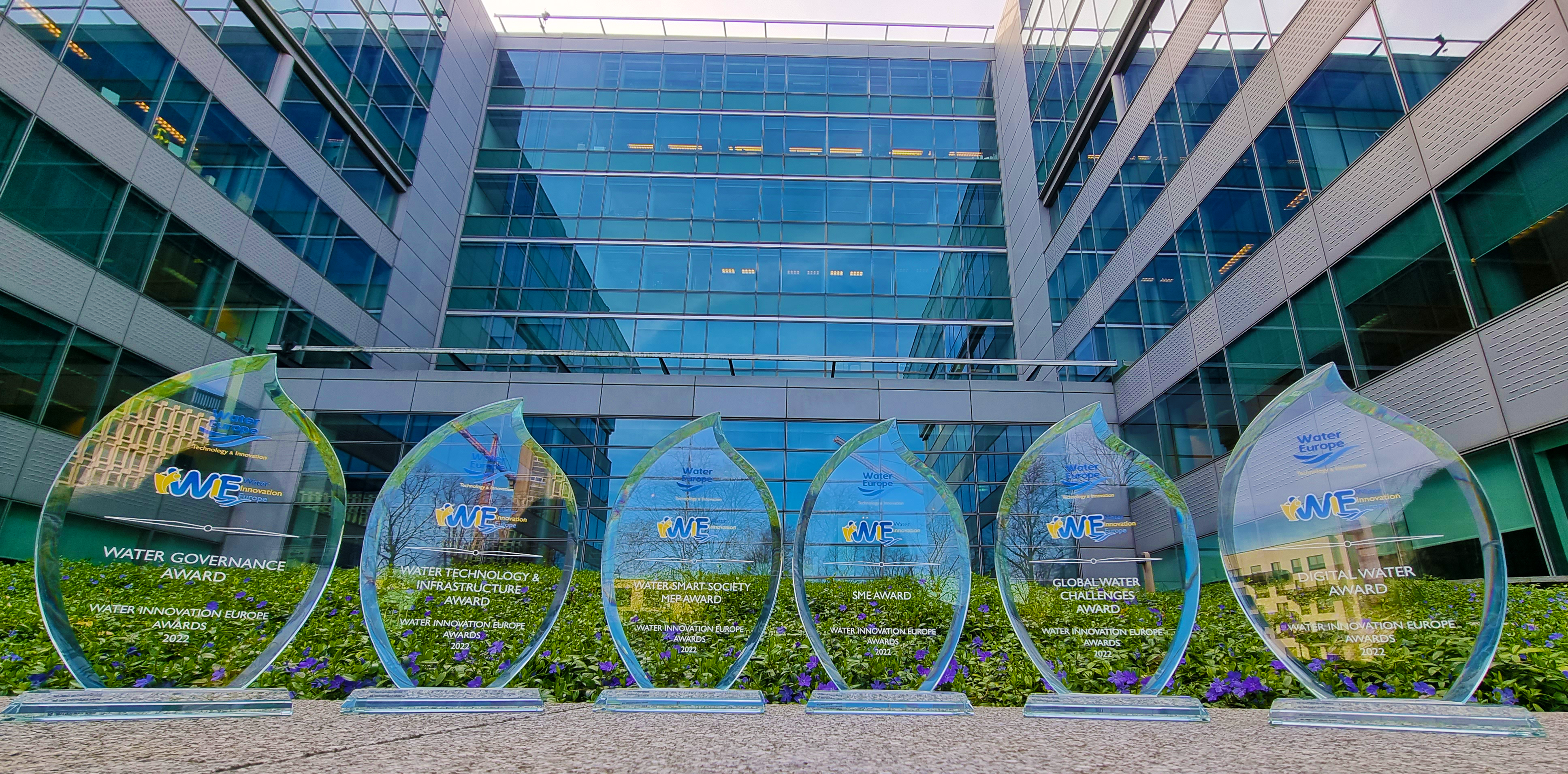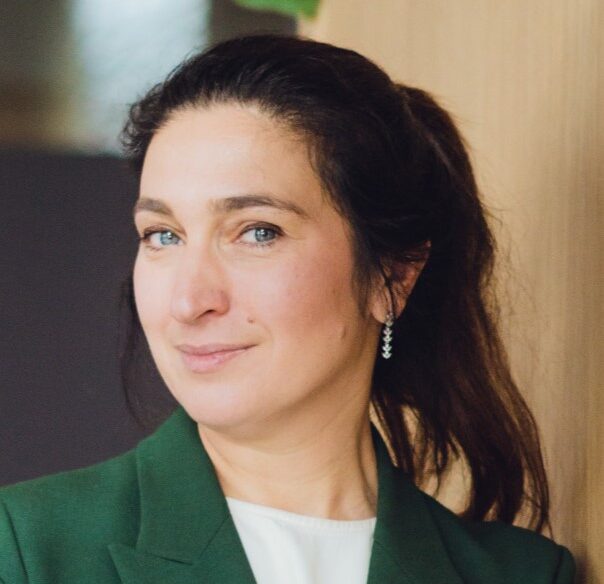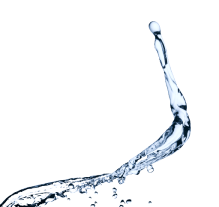You are a Water Europe board member of college A ‘Multinational Corporations’- Could you tell us what drives you personally to have this role at Water Europe? What do you want to achieve?
On a personal level, it is the untapped resources that exist in society that are important to highlight. I grew up in the archipelago in the northern part of Sweden, and we were then so dependent on water for transport and food. On my professional side, I have been a board member of Water Aid Sweden, and in that capacity, I visited several projects in Rwanda. I have also seen the importance of water in other parts of Africa, where I visited and supported reforestation projects for carbon offsetting in Uganda, Ethiopia, Mozambique, and Malawi – and there, you see for real the importance of water. I am also a resigning board member of the Stockholm International Water Institute (SIWI) and still a board member of the Swedish Environmental Research Institute (IVL), which has water in focus. To enable a view of water as an important resource, and with a special focus on how essential the role of water is in a future circular economy is what I hope to achieve.
Why is it important for ΕasyMining/Ragn-Sells Group to be part of Water Europe?
We would like to make sure that wastewater treatment plants can be transformed into resource treatment plants in a future circular economy. To this end, Water Europe will have an important task, enabling policymakers in Europe to first understand the potential of this transformation and then support the policymakers in transforming the EU policies. One resource that is scarce and impossible to substitute is phosphorus. Without phosphorus, there is no life. The amount of phosphorus that is wasted and not brought back to the farmlands could make Europe independent from imports from Russia, the moment that this resource is currently often wasted in existing wastewater treatment plants.
Which ones do you consider the biggest challenges of the European water sector at the moment, and how do you see us overcoming them?
We have always had a lot of water in Europe. Until now, it has been a challenge that has affected only a few. Now, we start to understand more and more that it is more or less either too much, too little or too dirty, the water. The investments done in the water sector in Europe are far from enough to prevent the degradation of our water. At the same time, water is something that all people take for granted to always have access to at often a very low cost. Who is paying the bill? For now, we are pushing the bill to the next generation.
Building a water-smart society is our vision. Which actions shall we prioritise to make this happen?
Circular transformation is the keyword. This is how we can enable the reuse of water over and over again and that the different resources in water like energy (heating, cooling and biogas) and nutrients (phosphorus and nitrogen) can be used.
